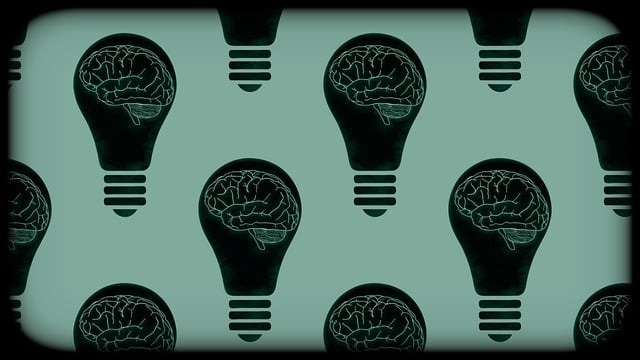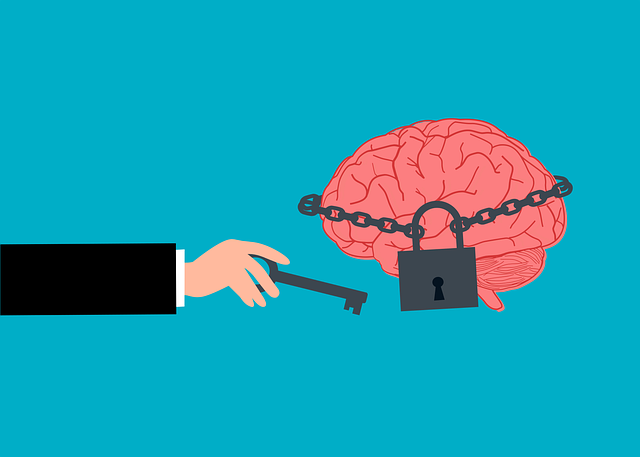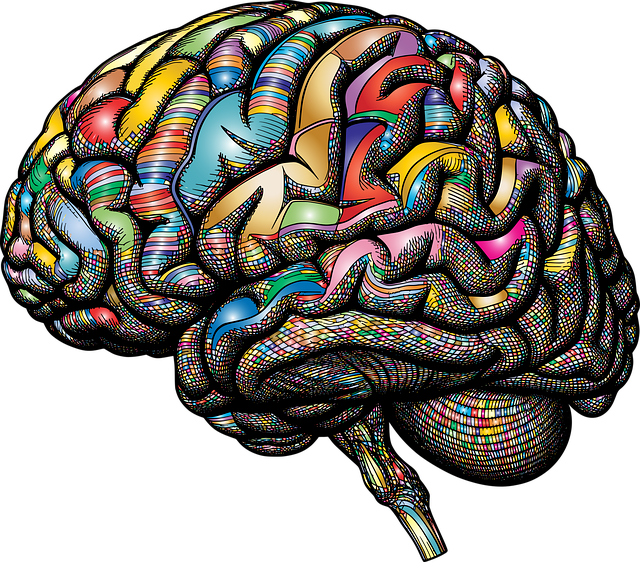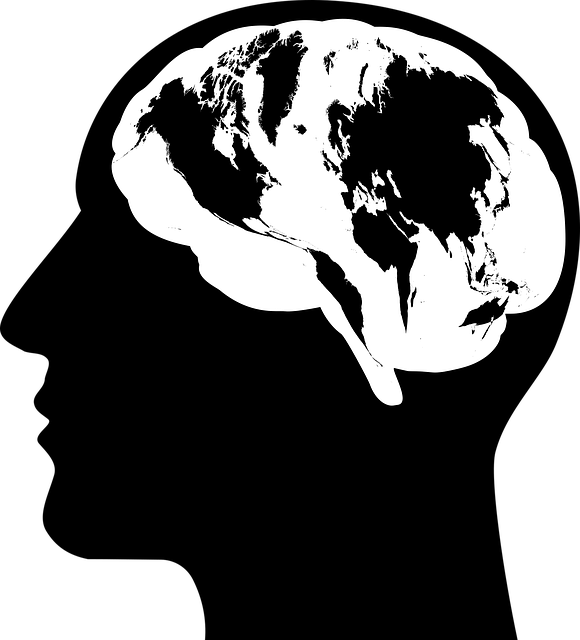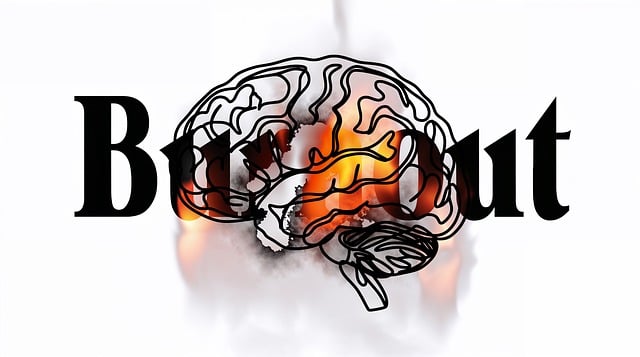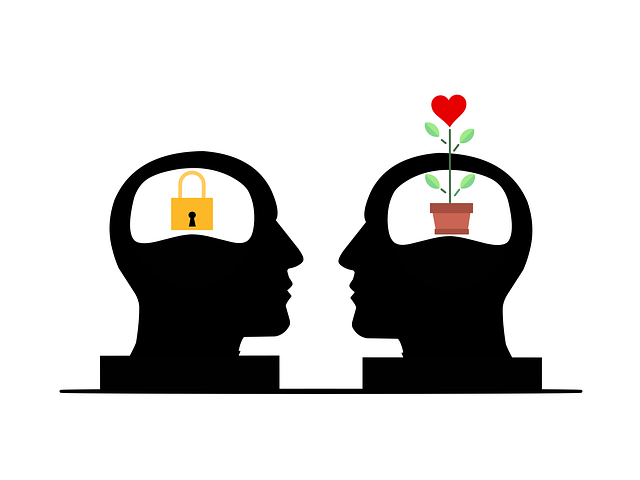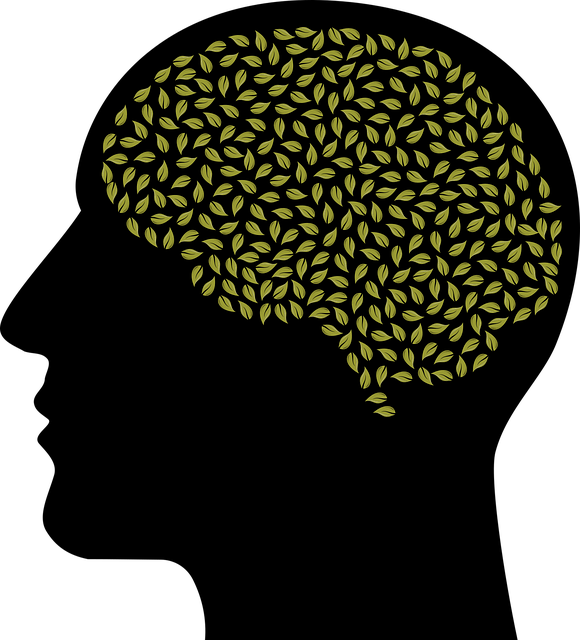Trauma can deeply affect children, leading to behavioral, emotional, or physical symptoms. Early intervention through specialized therapy services, including comprehensive ADD-ADHD evaluations, is vital in mitigating long-term trauma impacts. These therapies focus on empathy-building, self-care practices, and stress reduction methods to create safe environments for children to process their experiences and develop healthy coping mechanisms. Recognizing and diagnosing ADD and ADHD in young individuals early enables timely therapy, enhancing resilience and mental wellness. Specialized trauma support services, incorporating evidence-based tools and cultural competency training, cater to diverse populations. This holistic approach ensures effective care, addressing barriers to access and fostering long-term emotional healing for children with co-occurring trauma and ADD-ADHD.
In today’s world, trauma support services are crucial for children facing challenges like Attention Deficit Disorder (ADD) and Attention Deficit Hyperactivity Disorder (ADHD). This article delves into the multifaceted aspects of helping young minds. We explore understanding trauma, its impact on children, and how to identify ADD-ADHD through evaluations. It emphasizes the importance of specialized therapy for healing and offers insights into collaborative family support. By focusing on these key areas, including effective therapy evaluations, we aim to enhance access to resources that foster healthy development in children affected by trauma and ADHD.
- Understanding Trauma and Its Impact on Children
- Identifying ADD-ADHD in Young Minds
- Evaluating the Need for Specialized Services
- Providing Effective Therapy for Children's Healing
- Supporting Families: A Collaborative Approach
Understanding Trauma and Its Impact on Children

Trauma can significantly affect children, both emotionally and psychologically. It’s crucial to understand that a child’s response to traumatic events may differ from adults, often presenting as behavioral changes, emotional disturbances, or even physical symptoms. Early intervention is key in mitigating long-term effects. Services such as therapy for children, including specialized ADD-ADHD evaluations, play a vital role in identifying and addressing trauma.
Empathy building strategies, self-care practices, and stress reduction methods are integral components of these therapies. By implementing these approaches, support services can foster a safe and nurturing environment, enabling children to process their experiences, develop coping mechanisms, and eventually heal. This holistic care ensures that children not only survive but thrive after facing traumatic situations.
Identifying ADD-ADHD in Young Minds

Recognizing Attention Deficit Disorders (ADD) and Attention-Deficit/Hyperactivity Disorder (ADHD) in young minds is a critical step towards providing appropriate trauma support. Many children present with behavioral challenges that can mask underlying issues, making it essential for healthcare providers to conduct thorough evaluations. These assessments often involve detailed interviews, observations, and standardized tests tailored to identify symptoms specific to ADD-ADHD, such as inattention, hyperactivity, and impulsivity. Early identification allows for timely intervention through therapy, which plays a pivotal role in enhancing resilience building and promoting mental wellness in children.
Therapy for Children with ADD-ADHD focuses on personalized strategies to manage symptoms, improve focus, and boost self-regulation. It equips young minds with coping mechanisms, enhances their ability to process emotions, and fosters positive interactions within their environment. Moreover, ensuring that healthcare providers are well-versed in cultural competency training is vital, as it enables them to offer culturally sensitive evaluations and treatment plans, catering to diverse populations. This holistic approach not only addresses the symptoms but also contributes to the overall growth and development of children navigating trauma.
Evaluating the Need for Specialized Services

In many regions, there’s a growing recognition of the need for specialized trauma support services, particularly tailored to address the unique challenges faced by children diagnosed with ADD-ADHD. These young individuals often experience co-occurring traumatic events that can significantly impact their emotional well-being and cognitive development. Evaluating the need involves assessing the prevalence of such co-morbidities within affected populations, as well as understanding the specific barriers to access and cultural sensitivities required for effective therapy.
The process should encompass comprehensive evaluations that incorporate evidence-based tools for trauma screening alongside standard assessments for ADD-ADHD. This dual approach ensures that both immediate support and long-term emotional healing processes are considered. Furthermore, it aids in developing tailored interventions, incorporating strategies such as burnout prevention for healthcare providers, to ensure sustainable care within the community.
Providing Effective Therapy for Children's Healing

Children’s healing from trauma is a delicate process that requires specialized and effective therapy. Providing appropriate support for young individuals who have experienced traumatic events is essential to their overall well-being and development. One crucial aspect is offering evidence-based therapeutic interventions tailored to their unique needs. Many children, especially those with conditions like ADD-ADHD, might present distinct challenges in processing and expressing trauma, necessitating a nuanced approach.
Trauma support services should incorporate various therapy models, ensuring cultural sensitivity in mental healthcare practice. Therapists can utilize techniques such as play therapy or cognitive-behavioral therapy (CBT) to help children process their emotions and experiences. By addressing underlying issues and fostering positive thinking, these therapeutic methods enable children to develop coping mechanisms and build resilience. The integration of ADD-ADHD evaluations is vital to understanding each child’s distinct trajectory and tailoring interventions accordingly.
Supporting Families: A Collaborative Approach

Supporting families affected by trauma requires a collaborative approach involving various support services. This coordinated effort ensures that every member of the family receives the care they need to heal and rebuild their lives. Professionals in this field work together to provide comprehensive solutions, addressing not just the immediate needs but also long-term mental wellness. By integrating therapy for children with ADD-ADHD evaluations and other specialized interventions, a holistic approach is taken to address the complex dynamics within traumatized families.
One key aspect of this collaborative strategy is empowering families through education on depression prevention and self-care routine development. This equips them with the tools to manage stress, promote mental health, and create supportive environments conducive to healing. By fostering open communication and providing access to resources like therapy services, families can navigate their trauma journey with resilience and hope, ultimately strengthening their bonds and nurturing a healthier, more balanced lifestyle for all members.
In conclusion, trauma support services play a pivotal role in healing children affected by traumatic experiences. By understanding the profound impact of trauma on young minds, identifying conditions like ADD-ADHD through thorough evaluations, and providing specialized therapy, we can foster significant improvements in their well-being. A collaborative approach that involves families ensures a holistic healing process. Through these comprehensive strategies, including effective therapy for children’s healing and ADD-ADHD evaluations, we can help them navigate their challenges and build resilient futures.
